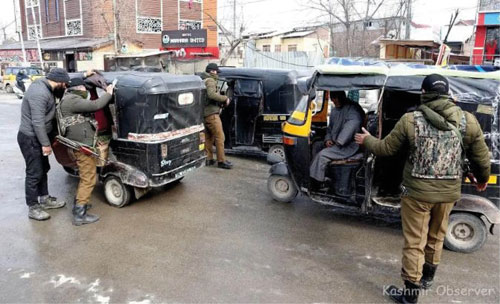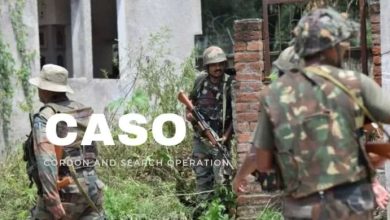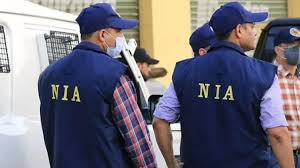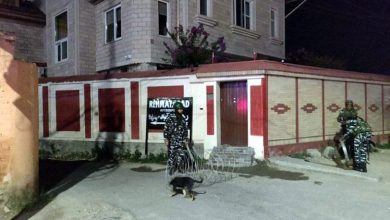Crackdowns intensify in IIOJK as Indian Republic Day approaches
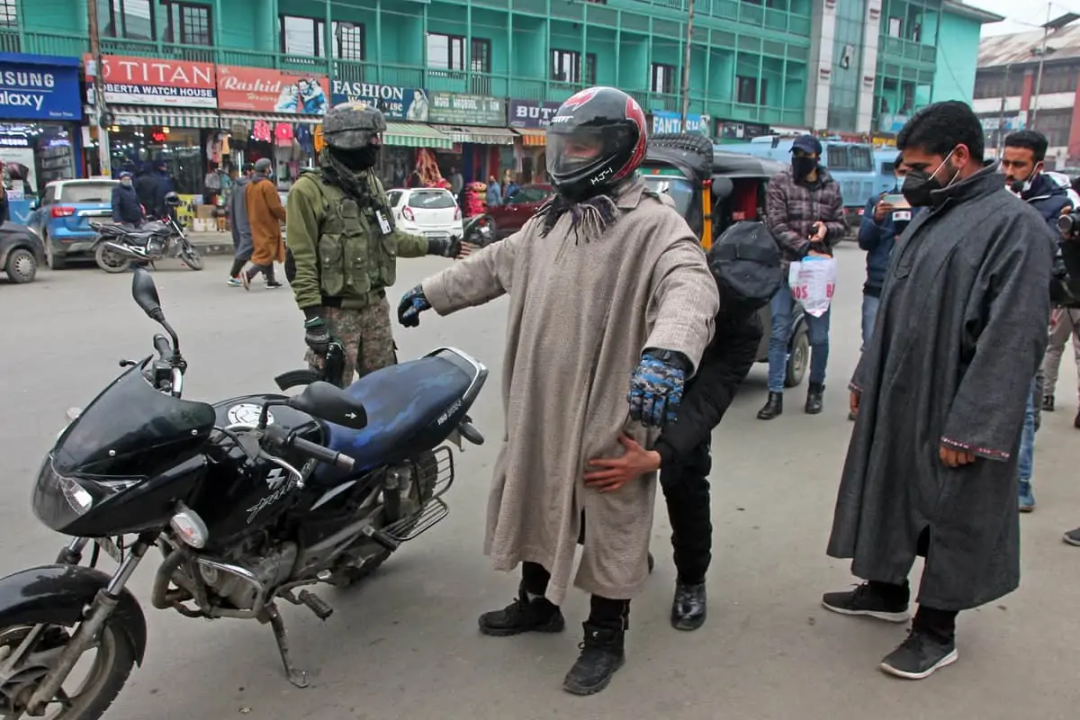 Srinagar: Ahead of India’s Republic Day, the Indian military apparatus has launched a comprehensive operation, including cordon and search operations (CASO), in various areas of Indian illegally occupied Jammu and Kashmir (IIOJK).
Srinagar: Ahead of India’s Republic Day, the Indian military apparatus has launched a comprehensive operation, including cordon and search operations (CASO), in various areas of Indian illegally occupied Jammu and Kashmir (IIOJK).
According to Kashmir Media Service, the move involves heavy deployment of Indian troops, paramilitary forces and the Special Operation Group.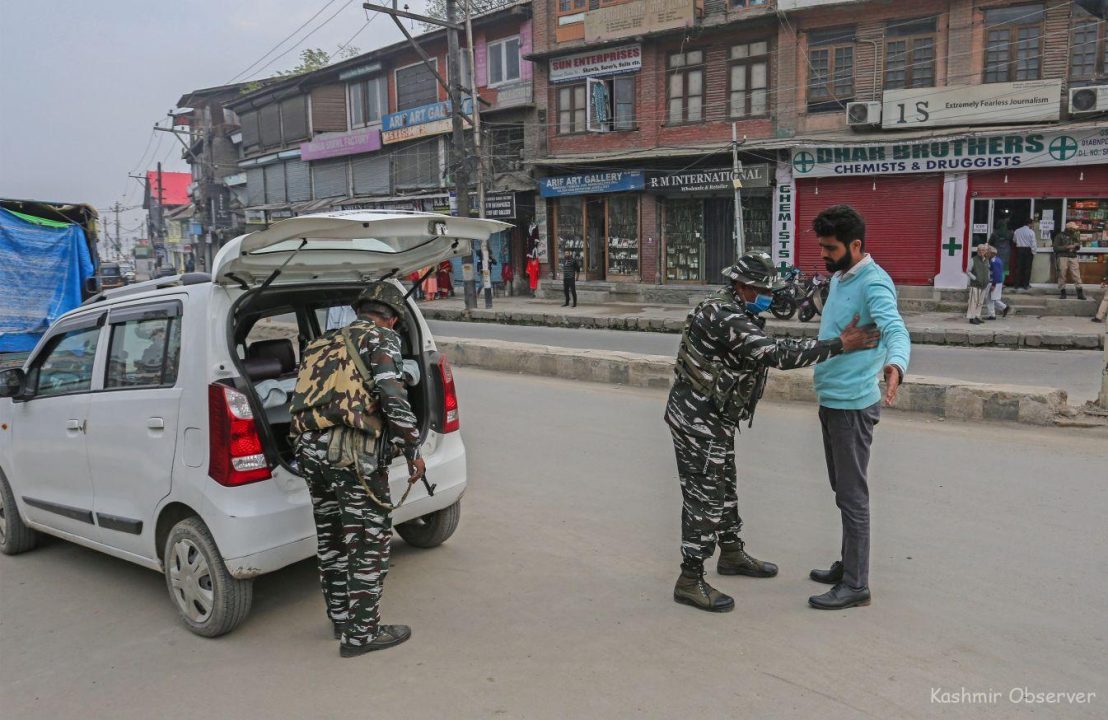
Occupation forces are conducting CASOs in Doda, Kishtwar, Ramban, Rajouri, and Poonch districts, targeting households associated with pro-freedom sentiments. The operations have sparked apprehensions of increased harassment and violations in the territory.
The entire Kashmir valley and Jammu region are witnessing an unprecedented lockdown, resembling a military garrison, as forces conduct extensive frisking and vehicle checks on roads and highways. Numerous check-posts have been established throughout the territory, subjecting individuals to meticulous inspections, ostensibly in the name of security.
In addition to the widespread frisking, there has been a substantial deployment of forces around venues hosting Republic Day functions. The Kashmir Cricket Stadium, set to host a key Republic Day event, has seen an augmented forces’ personnel presence, creating a formidable cordon around the area.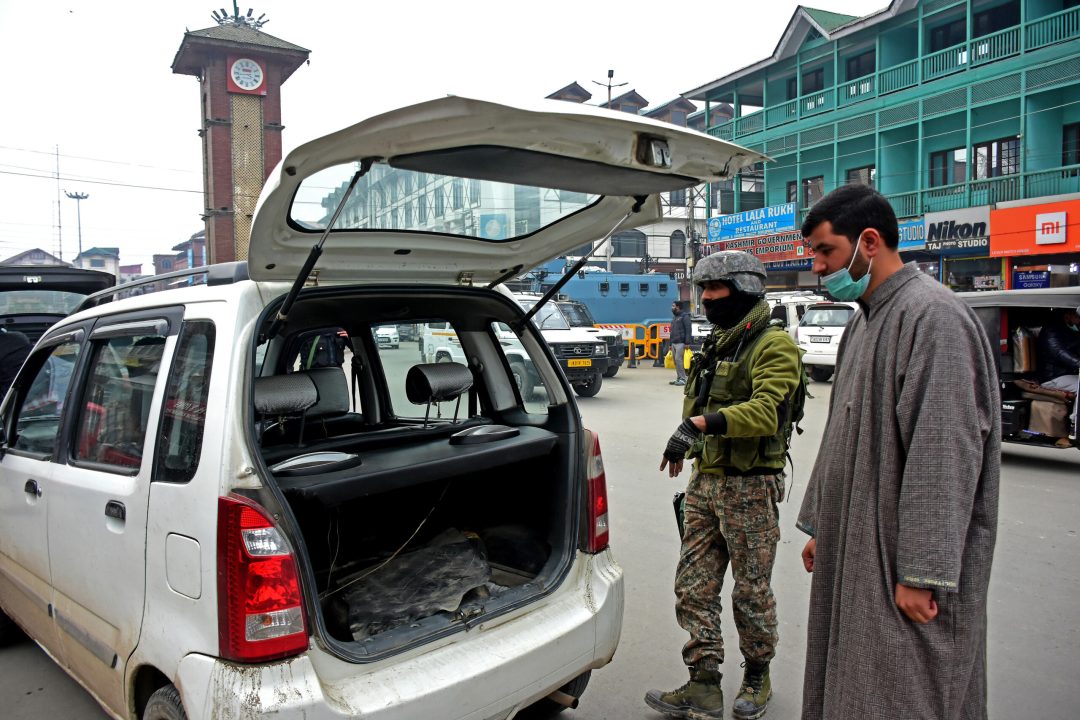
Critics argue that the heightened measures are not only indicative of potential unrest but also raise concerns about human rights violations in the territory. Harassment during CASO operations and the pervasive frisking at check-posts have intensified.
In a high-level joint meeting chaired by Director General of Police (DGP) RR Swain, attended by representatives from the Indian Army, CRPF, BSF, SSB, CISF, and other agencies, security preparedness was thoroughly reviewed. Discussions centered on securing vulnerable areas, individuals, and places, with a focus on intelligence gathering, area domination, Naka checking, and ensuring the security of sensitive venues.
Critics argue that the Indian government’s approach raises questions about the respect for human rights in the disputed territory.